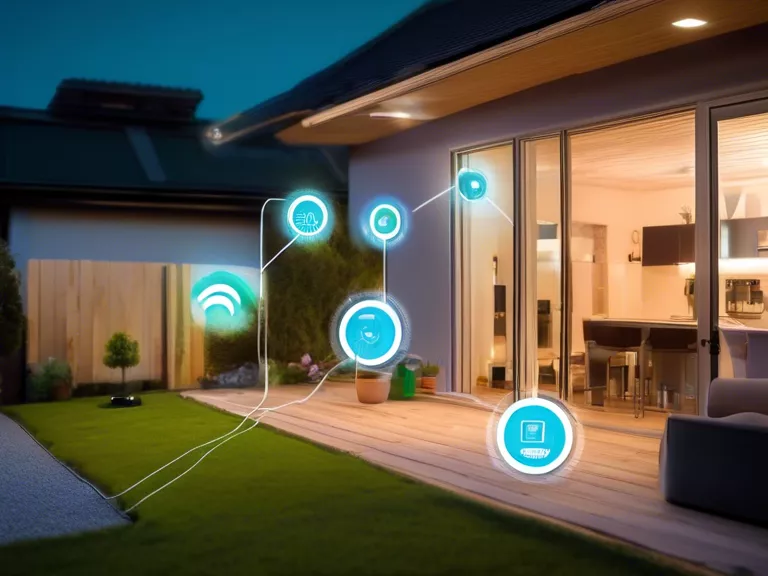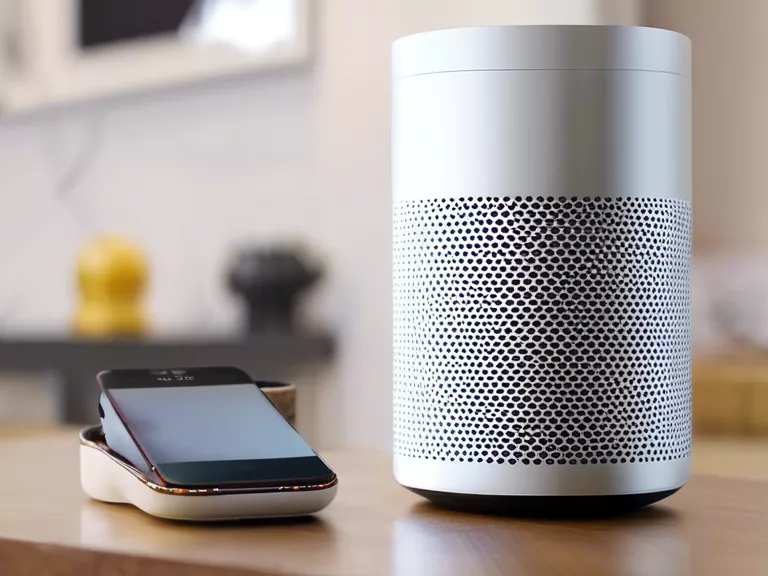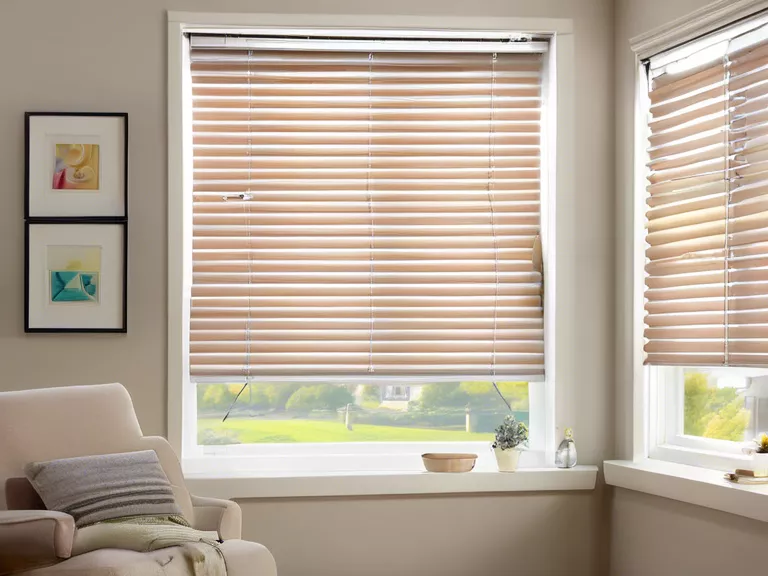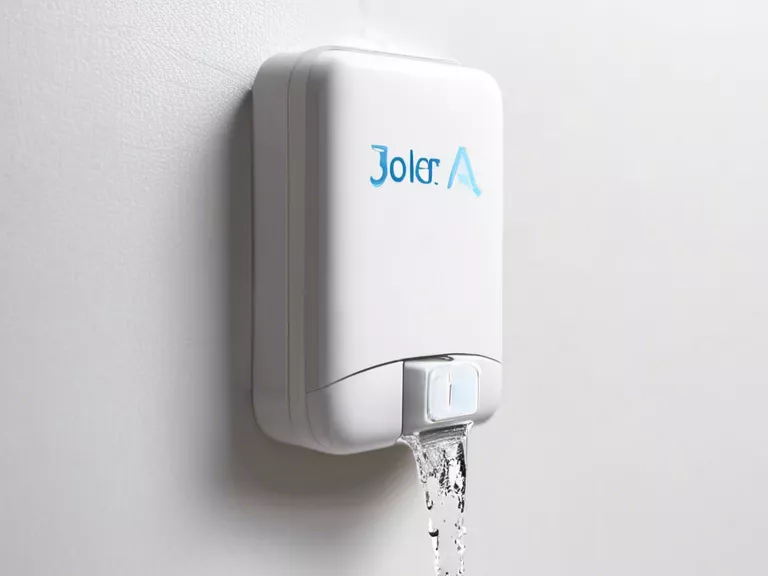
Smart sensors can play a crucial role in optimizing energy consumption in your home. By leveraging these advanced technologies, you can effectively manage your energy usage and reduce your utility bills. In this article, we will discuss how to use smart sensors for efficient home energy management.
Smart sensors are devices that can monitor and control various aspects of your home's environment. They can track temperature, humidity, light levels, motion, and even the presence of occupants in a room. By collecting data in real-time, smart sensors can provide valuable insights into your energy usage patterns and help you make informed decisions to conserve energy.
One of the key ways you can use smart sensors for home energy management is by automating your HVAC system. By installing temperature and humidity sensors throughout your home, you can enable your heating and cooling system to adjust settings based on actual conditions. For example, the sensors can lower the temperature when no one is home and raise it just before you return, optimizing energy usage without sacrificing comfort.
Another way to use smart sensors for energy efficiency is by implementing smart lighting controls. Motion sensors can detect when a room is occupied and automatically turn on or off the lights accordingly. This prevents lights from being left on in empty rooms and reduces unnecessary energy consumption.
Additionally, smart sensors can be used to monitor your appliance usage. By connecting sensors to your appliances, you can track how much energy they are consuming and identify any inefficiencies. This information can help you prioritize which appliances to upgrade for better energy efficiency.
In conclusion, smart sensors are powerful tools that can help you manage your home's energy usage effectively. By leveraging these technologies, you can optimize your energy consumption, reduce your utility bills, and contribute to a more sustainable environment.



